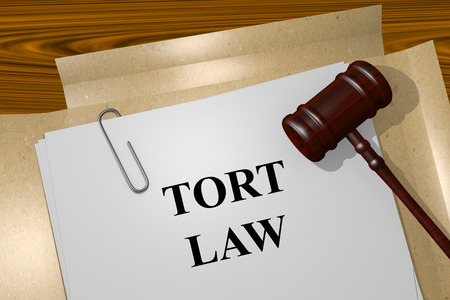
Each day, attorneys litigate cases in which the monetary amount at stake ranges from thousands to millions in compensation. In many of these cases, the injuries and damages that followed occurred as a result of an accident or incident that occurred between parties. However, some injuries occur as a result of an intentional or purposeful act committed by another person. These acts, which also result in damages, are intentional torts. The most common intentional torts committed are assault and/or battery. These intentional torts often result in criminal charges. Since the most common intentional torts result in criminal charges, many individuals do not pursue civil relief. However, you deserve compensation if you have been injured or have suffered damages as a result of another individual’s intentional act committed against you. For more information or to speak with an experienced attorney about your right to compensation, contact Colombo Law today.
Assault and/or Battery
In West Virginia a tort claim may stand in circumstances where an act or a threat to act was intentionally committed that placed you or your loved one in fear of an imminent and non-consensual physical contact. It is important to note that physical contact is not a necessary requirement. As long as the fear of contact occurs, an assault has been committed and you may be entitled to relief. If physical contact actually occurs during the incident, the tort claim is a battery (as opposed to an assault).
Defamation
Defamation is a tort claim that is filed when an individual injuries you or your loved one’s reputation as a result of a false statement. Defamation claims are difficult in that the victim must be able to prove that there is no truth to the wrongdoer’s statements. Truth is an absolute defense to a defamation claim.
Intentional Infliction of Emotional Distress
An individual may recover for damages associated with a claim for intentional infliction of emotional distress (IIED) by the wrongdoer. This type of claim will stand when an individual:
- Engages in extreme and outrageous conduct;
- That is intended to cause emotional distress; and
- Actually causes emotional distress upon the victim.
However, an IIED will not stand if it would not have caused emotional distress to a person with ordinary sensibilities.
Contact Colombo Law Today
The intentional torts indicated above are but few of the claims one can bring. There are many types of intentional torts. If you or your loved one believes you have suffered damages due to the intentional act of another, contact one of our attorneys today.
Obtaining the assistance of a skilled attorney is essential in cases involving intentional torts, due to the complex nature of these cases. Colombo Law has the experience necessary to effectively handle these types of claim. Our office is a full service personal injury law firm that wants to make the process as simple as possible while obtaining the amount of compensation you and your loved ones deserve. We assist clients located in and around West Virginia including in Morgantown, Fairmont, Clarksburg, Bridgeport, Kingwood, Grafton, Weston, Philippi, Buckhannon, Elkins, Parkersburg, as well as Monongalia, Marion, Harrison, Preston, Taylor, and Lewis county. For a no-risk initial consultation, contact Colombo Law today.










